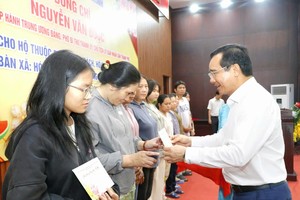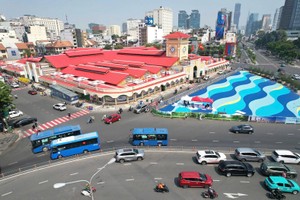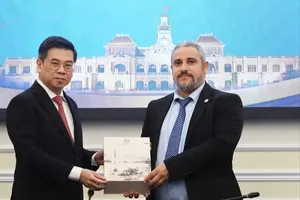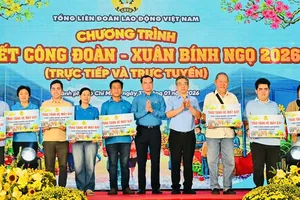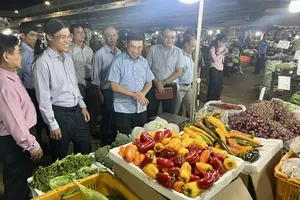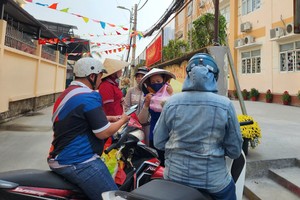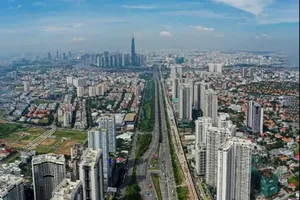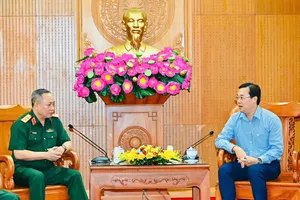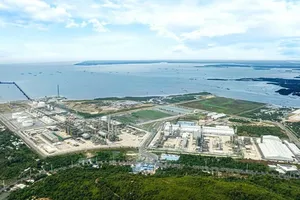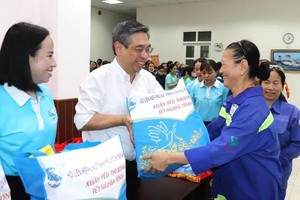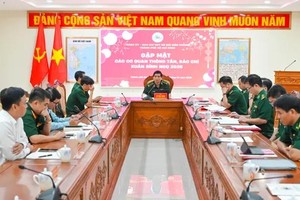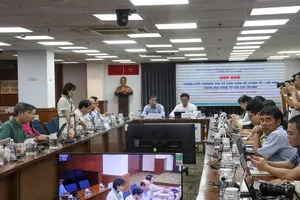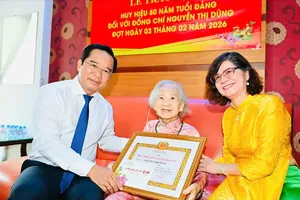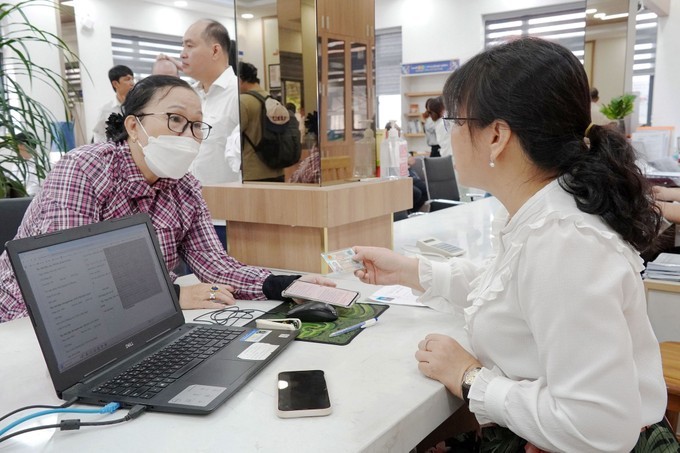
The People’s Committee of Ho Chi Minh City (HCMC) has submitted a proposal seeking approval for policies to provide employment loans, vocational training, and housing support to officials, civil servants, public employees, part-time staff, and laborers who have lost their jobs following the restructuring of local administrative units.
Hundreds of officials seek employment loans
According to the HCMC People’s Committee, the streamlining of administrative structures is intended to enhance the effectiveness and efficiency of the political system. However, this process has also created challenges, particularly in terms of policies and benefits for those who must leave the public sector.
This group—many of whom have dedicated years of service—needs time and resources to transition to new occupations and adapt to the labor market. In practice, while severance packages and downsizing allowances are available under existing regulations, many still struggle to stabilize their livelihoods.
Therefore, the city government has concluded that a loan program to support job creation is both necessary and timely—ensuring social security, boosting morale, and enabling affected individuals to reintegrate into the labor market more quickly.
A recent survey shows that by the end of July, of 1,714 respondents, 575 expressed demand for employment loans and 457 requested career counseling and job placement services. Among those seeking loans, 486 are still employed (including 198 civil servants, 126 public employees, and 162 other laborers), while 89 have already left their jobs.
Most loan applications focus on small-scale businesses, service shops, transport, personal services (food and beverage, tailoring, nail salons, hairdressing, massage), small livestock farming, and household agricultural models.
The city proposes a maximum loan of VND300 million (US$12,000) per person. The specific amount would be determined by the Vietnam Bank for Social Policies- HCMC Branch, based on demand, repayment capacity, and available funds.
Loans would be unsecured, confirmed by local authorities, and have a repayment period of up to 120 months.
Interest rates would match those applied to poor households (currently 6.6 percent per year), while overdue loans would carry 130 percent of that rate. Procedures would follow existing regulations of the bank and the HCMC People’s Committee.
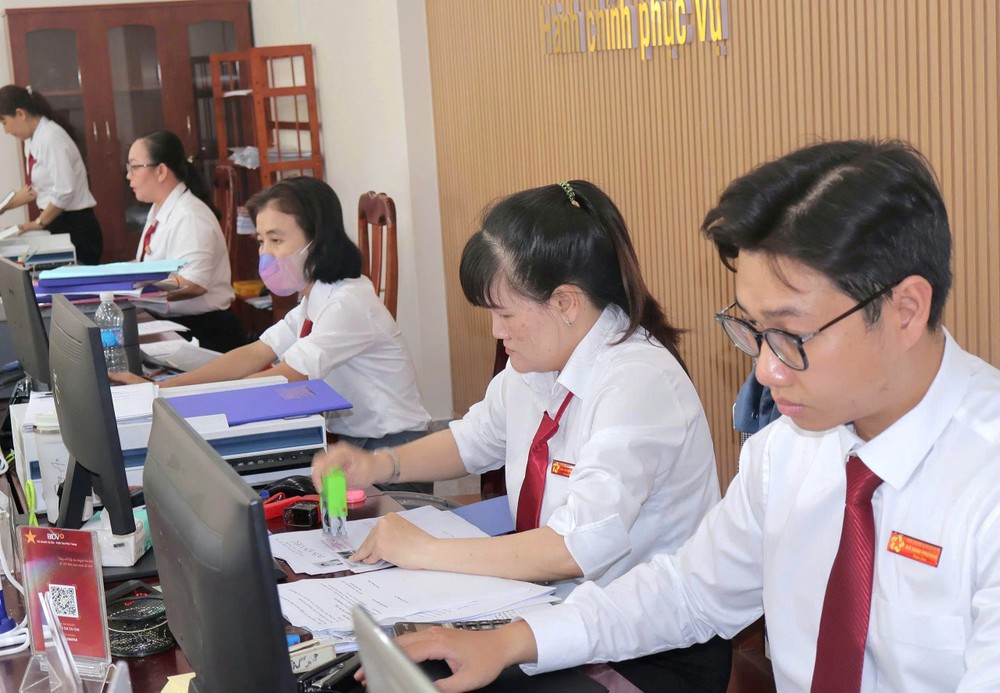
Based on Government Decree No.156, which sets the maximum loan for individuals and households at VND300 million, and the survey results, the city expects to support 575 people in the first year, with a projected budget of VND172.5 billion ($6.9 million).
In subsequent years, the HCMC People’s Committee will assign the Department of Home Affairs to take the lead, in coordination with the Department of Agriculture and Environment, the Department of Finance, the Vietnam Bank for Social Policies- HCMC Branch, and local authorities, to continue assessing loan demand and estimating annual funding needs for submission to the HCMC People’s Council under the public investment plan.
Over VND45 billion earmarked for vocational training
In parallel, the city government has also submitted a proposal for a vocational training support policy targeting those who lost their jobs due to the restructuring.
The aim is to provide timely career transition assistance, alleviate anxiety and uncertainty among affected employees, and highlight the human-centered approach of State management, thereby strengthening public consensus on administrative reform. The policy also seeks to improve workforce quality, encourage entrepreneurship, and mitigate risks of localized unemployment, contributing to social stability and economic growth.
Under the proposal, former officials, civil servants, public employees, and part-time staff who wish to learn new skills will be admitted to vocational institutions for short-term programs, either at the elementary level or lasting less than three months.
The city budget will cover all training costs, capped at the equivalent of 12 months of basic salary per person per course. This includes tuition fees, meal allowances of VND30,000 per day of actual training, and travel support of VND200,000 per course if the training site is located 15 kilometers or more from their residence.
A survey conducted between July 16 and August 14 across 168 wards, communes, and special zones found that 6,970 people participated, of whom 1,612 (23.13 percent) expressed interest in vocational training. Notably, women accounted for 73.39 percent, and those under 45 made up 67.68 percent.
Based on this, the city projects a budget of VND45.26 billion ($1.8 million) to support all 1,612 participants, equivalent to 12 months of basic salary at current rates.
According to the People’s Committee, this policy is not only a short-term solution for re-employment but also a long-term strategy to mobilize labor resources, laying the groundwork for sustainable administrative reform.
Rental housing support for more than 2,200 officials
The HCMC People’s Committee has also proposed temporary rental housing subsidies for officials, civil servants, public employees, and laborers affected by the provincial-level administrative restructuring.
As of August 18, 2025, demand for official housing in the city reached 1,410 cases, while 1,111 individuals requested rental support. Among them, 230 applied for both. This brings the total number of cases requiring financial assistance to 2,291.
Yet, HCMC currently has only 69 apartments designated as official housing—far short of actual demand. Since building new units or converting resettlement housing requires time, the city is advocating a temporary rental subsidy.
Proposed support levels are:
- VND10.4 million ($415) per person per month for officials with a position allowance coefficient of 0.9 or higher.
- VND8 million ($320) per person per month for those with a coefficient between 0.7 and under 0.9.
- VND4.8 million ($190) per person per month for those with lower or no coefficients, as well as other laborers.
The policy would apply from July 1, 2025, until eligible employees are provided with official housing, or at the latest until June 30, 2027. Funding would come from the city’s recurrent expenditure budget.
Proposal for social pension, new allowances
At the third session of the 10th HCMC People’s Council on August 28, the city government also submitted a proposal on social pensions, suggesting a monthly allowance of VND650,000 ($26) for citizens aged 75 and above, or for those aged 70–74 from poor or near-poor households who do not receive pensions or monthly social insurance benefits.
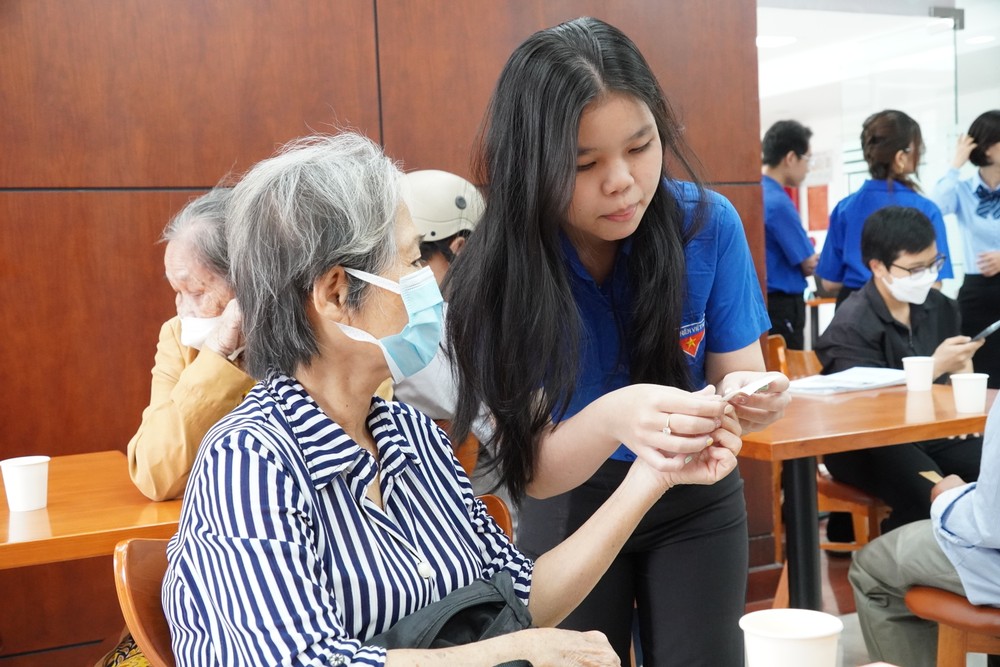
The policy would draw from the State budget, with an estimated annual cost of VND1.522 trillion ($61 million).
According to the city, this measure is intended to strengthen social welfare, stabilize socio-economic conditions, reinforce public trust, and ensure social equity in development.
Additionally, the HCMC People’s Committee submitted a proposal for allowances for hamlet and neighborhood leaders as well as militia personnel, modeled on the earlier policy in Ba Ria–Vung Tau Province, while recommending the repeal of Resolution 03/2022/NQ-HDND of the HCMC People’s Council and Resolution 19/2020/NQ-HDND of the Binh Duong People’s Council (prior to restructuring).
